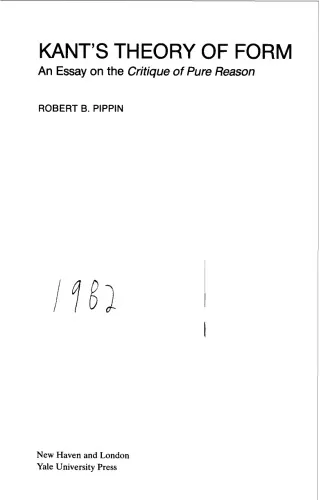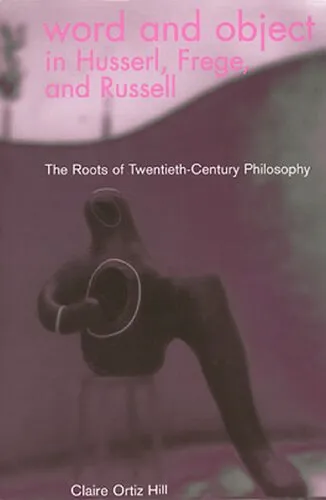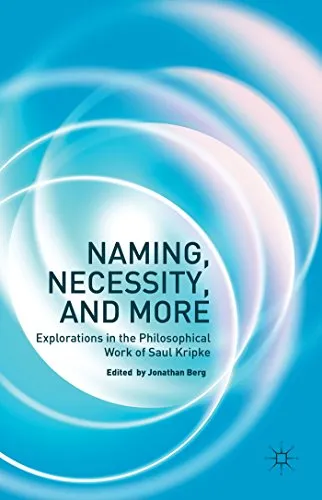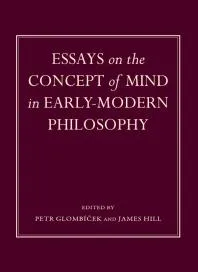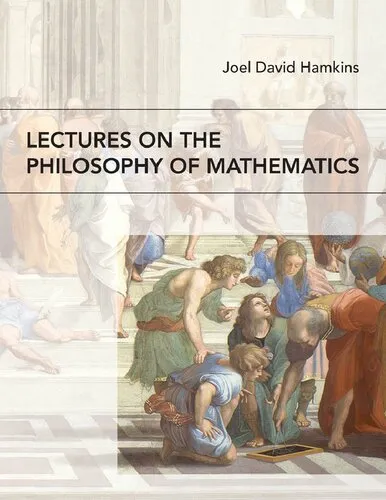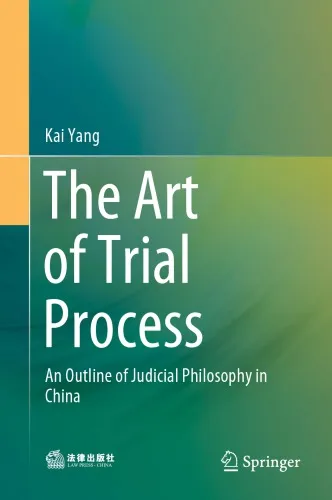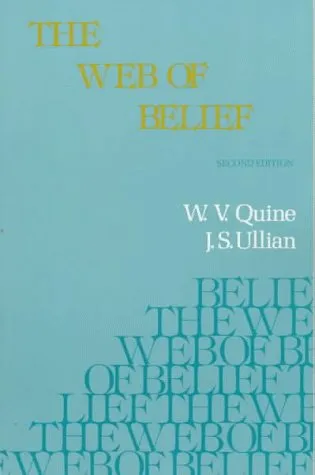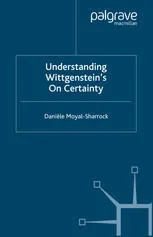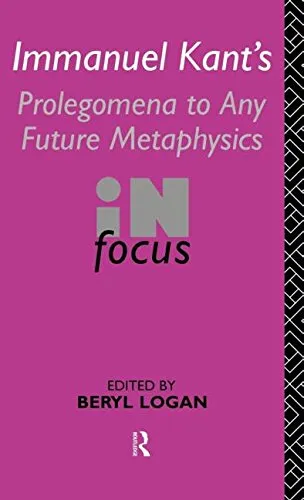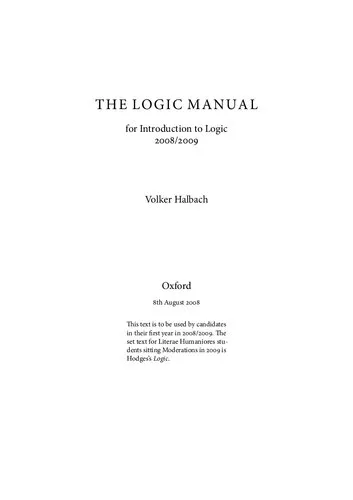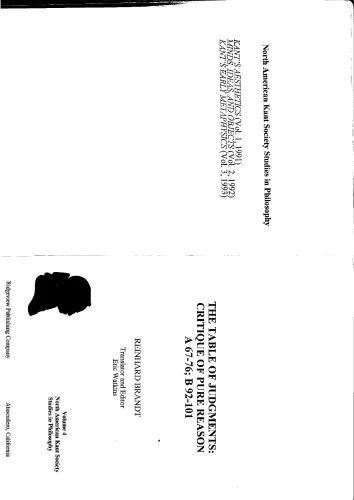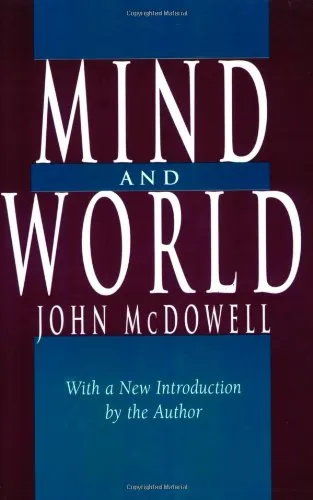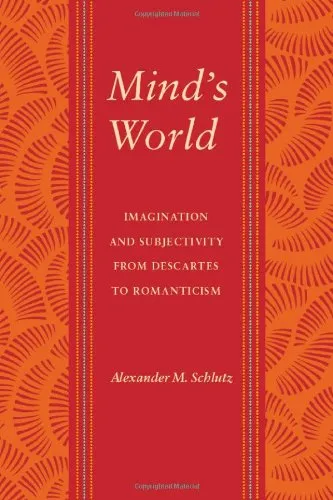Kant's Theory of Form: an Essay on the ''Critique of Pure Reason''
4.0
Reviews from our users

You Can Ask your questions from this book's AI after Login
Each download or ask from book AI costs 2 points. To earn more free points, please visit the Points Guide Page and complete some valuable actions.Related Refrences:
A Detailed Introduction to 'Kant's Theory of Form: An Essay on the ''Critique of Pure Reason'''
Welcome to the intricate world of Immanuel Kant's groundbreaking work, "Critique of Pure Reason," as interpreted in my book, "Kant's Theory of Form: An Essay on the ''Critique of Pure Reason''". In this introduction, we'll explore the essential features of Kant's philosophical inquiry and how this book aims to elucidate those ideas.
Detailed Summary of the Book
This book seeks to unravel the complex ideas presented by Immanuel Kant in his seminal work, "Critique of Pure Reason." Kant's philosophy is a watershed moment in Western thought, bridging the gap between rationalism and empiricism. The "Theory of Form" is central to understanding Kant's methodology, as it concerns how we organize and perceive the chaotic influx of sensory information we receive daily. This book delves into Kant's arguments on how our mind actively participates in forming our experience, rather than simply receiving data from the world.
My book divides its examination into various key themes. Initially, it outlines Kant's distinction between empirical knowledge and a priori knowledge, arguing what we can know independently of experience. Following this, the book navigates through the complex structures of space and time as foundational forms of human intuition. The subsequent chapters explore the categories of the mind, which Kant argues are innate concepts that shape our experiences.
Proceeding through critical analysis, the book engages with the Transcendental Deduction, a core component of Kant’s argument that explains how the categories apply to objects we encounter. It also addresses the challenges and criticisms faced by Kantian philosophy over centuries, providing a balanced view of the theoretical and practical limits of the Critique.
Key Takeaways
- Understanding the fundamental role of the mind in constructing experience and reality.
- The significance of Kant's forms of intuition: space and time.
- An in-depth analysis of the categories underpinning human thought.
- The importance of the Transcendental Deduction and its impact on philosophical discourse.
- How Kant’s ideas mediated between rationalist and empiricist traditions, paving the way for modern philosophy.
Famous Quotes from the Book
"The understanding does not derive its laws (a priori) from, but prescribes them to, nature."
"Thoughts without content are empty, intuitions without concepts are blind."
"All our knowledge begins with the senses, proceeds then to the understanding, and ends with reason."
Why This Book Matters
This book matters because it offers a comprehensive look at Kant's theoretical underpinnings that have profoundly influenced modern philosophy. By dissecting Kant's argument with precision, it helps readers appreciate the depth and relevance of his concepts in today’s philosophical landscape. Understanding Kant's theory of form is indispensable for anyone interested in epistemology, metaphysics, or the history of philosophy. My book serves as a bridge for contemporary readers to engage meaningfully with Kant's complex ideas and encourages a renewed dialogue on the integration of human cognition into diverse philosophical traditions.
Free Direct Download
You Can Download this book after Login
Accessing books through legal platforms and public libraries not only supports the rights of authors and publishers but also contributes to the sustainability of reading culture. Before downloading, please take a moment to consider these options.
Find this book on other platforms:
WorldCat helps you find books in libraries worldwide.
See ratings, reviews, and discussions on Goodreads.
Find and buy rare or used books on AbeBooks.
1446
بازدید4.0
امتیاز0
نظر98%
رضایتReviews:
4.0
Based on 0 users review
Questions & Answers
Ask questions about this book or help others by answering
No questions yet. Be the first to ask!
